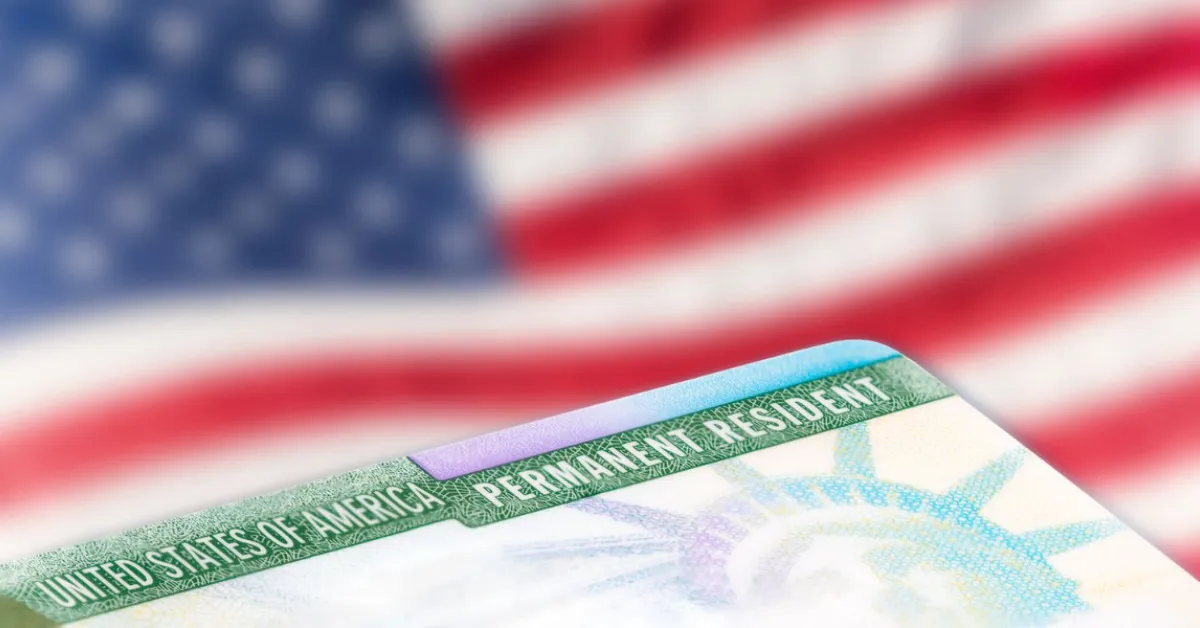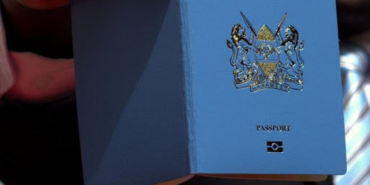US Disbands Immigration Helpdesk That Resolved Thousands of H-1B and Green Card Issues

The Trump administration has eliminated the Office of the Citizenship and Immigration Services (CIS) Ombudsman, an independent entity designed to assist immigrants in navigating bureaucratic hurdles within the US Immigration system.
The closure, effective immediately, raises worries about diminished transparency and accountability in an already strained system. The CIS Ombudsman served as a critical, impartial resource for addressing delays, errors, and disputes affecting a range of individuals, including H-1B visa holders, international students, and green card applicants. The office played a crucial role in resolving issues that often threatened their legal status and employment prospects.
According to the American Immigration Lawyers Association (AILA), the Ombudsman's office handled roughly 30,000 requests in the past year, facilitating resolutions for both individuals and businesses grappling with complex immigration matters. Immigration attorneys are expressing significant alarm over the elimination of the office. Sharvari Dalal-Dheini, senior director for government relations at AILA, emphasizes that applicants routinely sought the Ombudsman's assistance to resolve a variety of issues, including incorrect rejections, documentation errors, and extended processing times for visas and employment authorization documents.
The absence of this resource will create further difficulties for those navigating the system. One case cited involved a Bangalore-based engineer whose H-1B extension was pending for 11 months despite multiple service requests. The intervention of the Ombudsman resulted in approval within two weeks, highlighting the office’s effectiveness in resolving bureaucratic impasses. International students also relied on the Ombudsman to address mishandled applications related to Optional Practical Training (OPT).
In one instance, a student’s OPT request was wrongly denied because of misinterpreted documentation, an issue that was resolved after the Ombudsman stepped in. Dalal-Dheini cites another instance where a STEM OPT application was rejected due to a bank processing error, preventing the student from reapplying. The Ombudsman successfully negotiated a resolution with USCIS, leading to the application's approval. Immigration attorney Adam Cohen, a partner at Siskind Susser, notes the Ombudsman’s role in assisting applicants in obtaining critical USCIS notices, such as approval confirmations and receipt documents.
Without the Ombudsman’s assistance, applicants face the prospect of filing more paperwork. Beyond individual cases, the office provided guidance and hosted sessions on common challenges encountered by students and workers seeking visas. Its ability to intervene when there was no clear path for resolution made it valuable for both applicants and employers seeking to ensure the timely processing of immigration paperwork for foreign employees.
Rajiv S. Khanna, an immigration lawyer, stresses the significance of the Ombudsman’s neutrality and independence. This independence allows the office to challenge USCIS when procedural failures jeopardise applicants' immigration status. One case Khanna recalls involved a researcher whose green card application was delayed for more than three years due to an improperly logged background check.
With the closure of the CIS Ombudsman—alongside two other immigration oversight bodies—immigration advocates fear a reduction in the avenues available to contest bureaucratic errors.














Add new comment